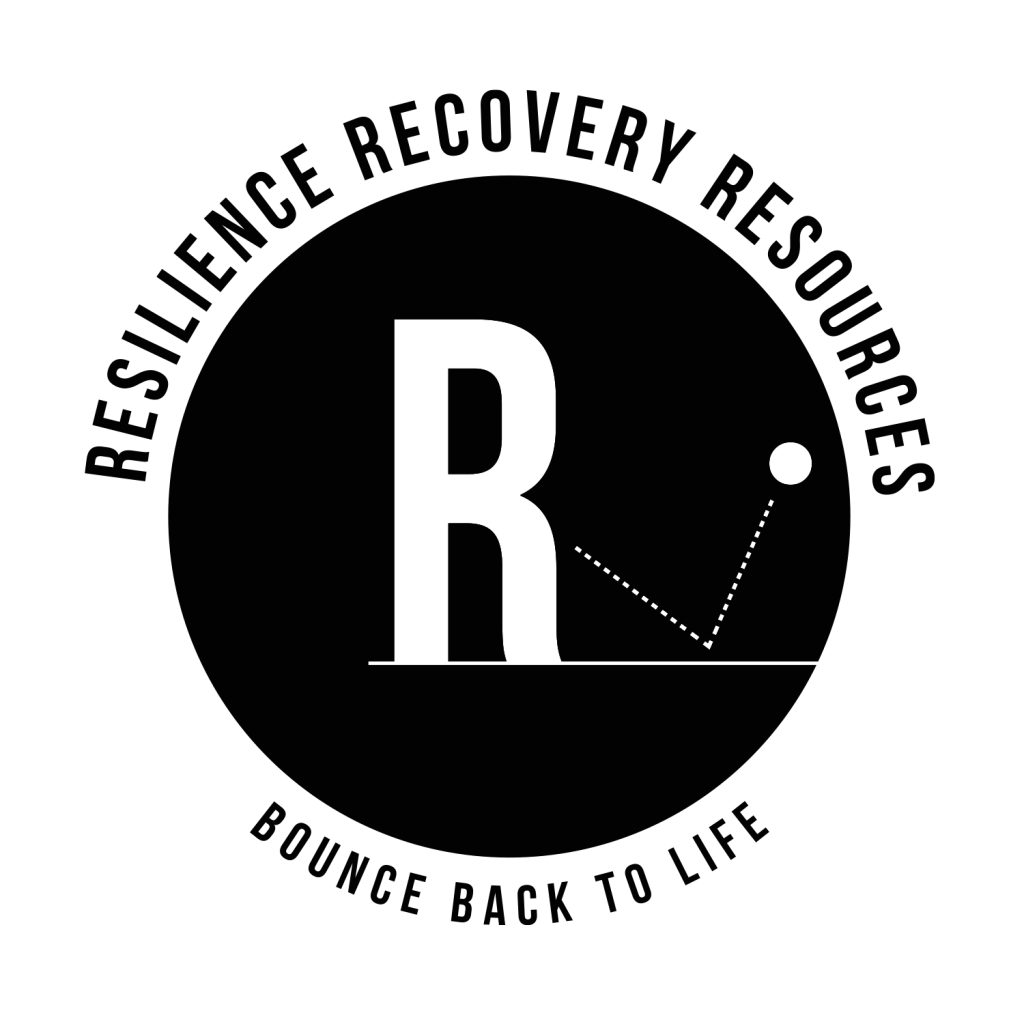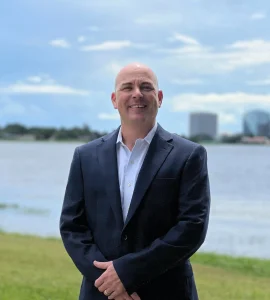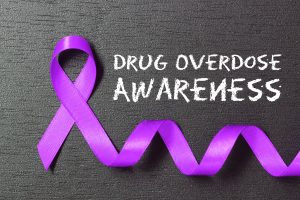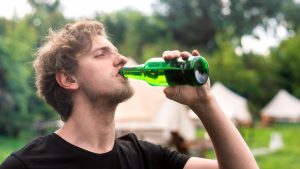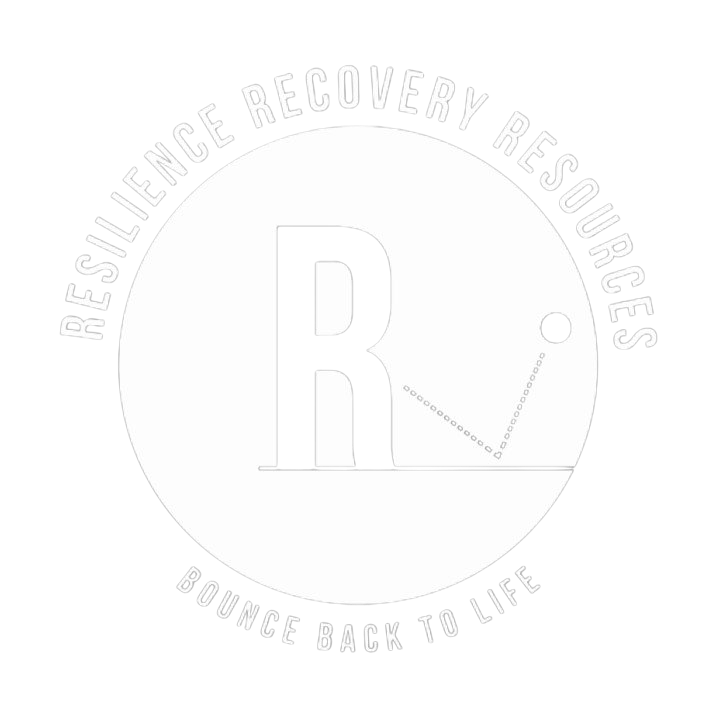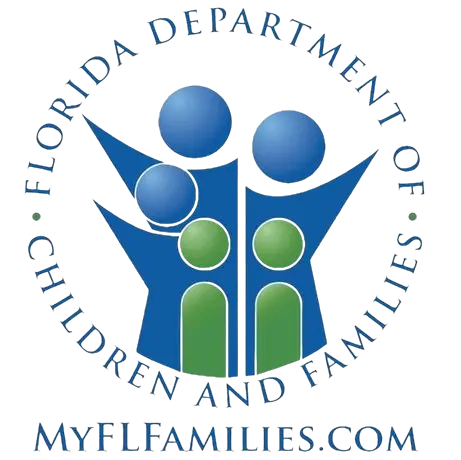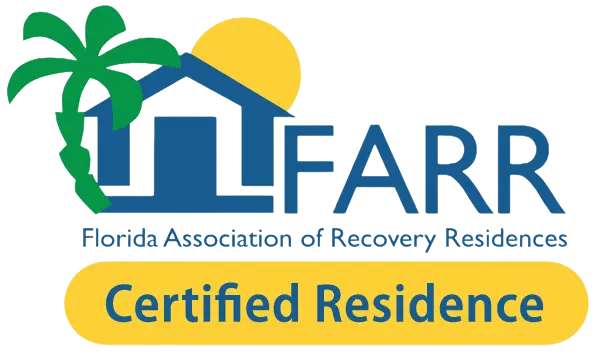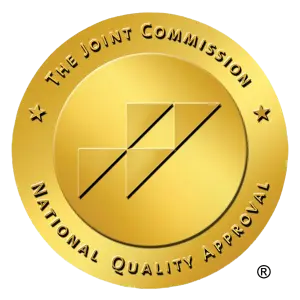WRITTEN BY: CHRIS DISABATINO
Let’s get one thing straight. Addiction is nothing to be ashamed of. To be a person with addiction does not make someone bad, immoral, broken, messed up, a liar, manipulative, or anything of the sort. Being a person with addiction is also not uncommon. According to the National Survey on Drug Use and Health, 19.7 Million Americans battled with Substance Use disorders in 2017 (SAMHSA, 2018). With so many afflicted by substance use disorders it is imperative to begin to bridge the gap between so many that leads to misunderstanding. A study researching the effects of stigma and social support in substance abuse found that stigma is associated with lower self-esteem, higher depression and anxiety, and poorer sleep. The same study produced findings that perceived social support followed the opposite pattern, and was associated with higher self-esteem, lower depression and anxiety, and better sleep (Birtel, Wood, & Kempac, 2017). Addiction is a brain disorder; let’s start treating it like one.
One common theme for those who are suffering is the belief that they are alone. There are many out there who have overcome their addictions and one thing we know for certain is that Recovery is almost never done alone. Humans are wired biologically to be connected to one another. Interdependence and reliance on our fellow man is something that has allowed the human race to make it this far, overcoming harsh conditions and incredible adversity. Feeling love and connection are essential human needs and are necessary for healing and transformation. The Resilience Team strives to create an atmosphere of safety, compassion, patience, and understanding, in order to create a space vital to the growth of our residents. Accountability groups, peer-to-peer support, Recovery Coaching, and Case Management are just some of the many elements that encourage and incorporate community, as well as foster an environment conducive to healing. At Resilience, we know that just like addiction doesn’t happen in a vacuum; neither does recovery. Our model of recovery supports our residents in creating a community, where we are blessed to recover together and to support each other on our journeys.
